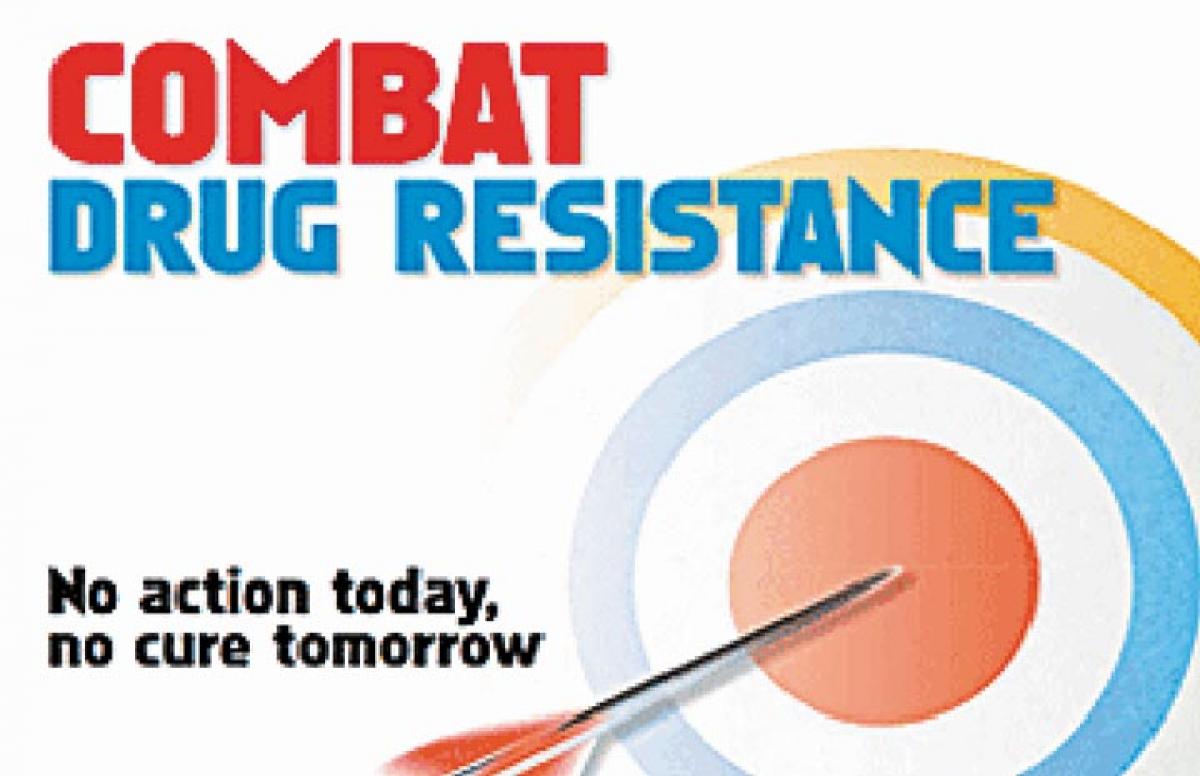Live
- Chiranjeevi Visits Allu Arjun’s Residence Amid Legal Turmoil
- Over 1.1 million Syrians homeless since recent escalation of hostilities: UN
- NBA’s 'commitment to constant innovation' in Covid chaos led to the birth of in-season tournament
- SC issues notice on PIL for conducting public awareness campaign on snake bites
- Varun Dhawan Becomes First from Film Fraternity to Support Allu Arjun
- Mohan Babu Faces Setback as Court Rejects Bail in Journalist Attack Case
- After suspension, ex-registrar of iconic university in Bengal dismissed from job
- Passenger vehicles clock highest ever November sales in India
- K'taka BJP MLAs stage walkout from Assembly for not allowing discussion on Waqf row
- Mohan Yadav inaugurates MP's 8th Ratapani Tiger Reserve









